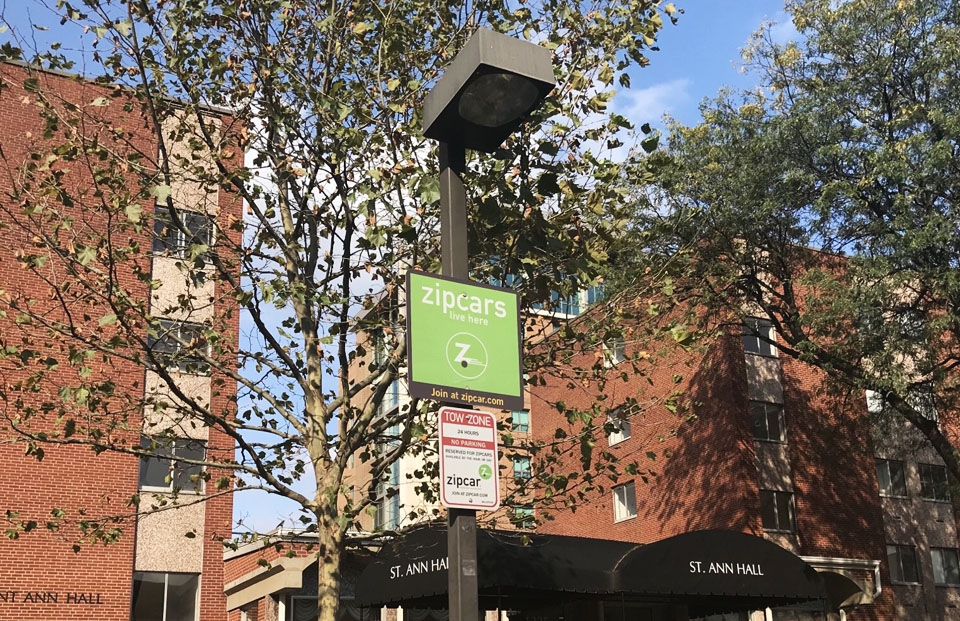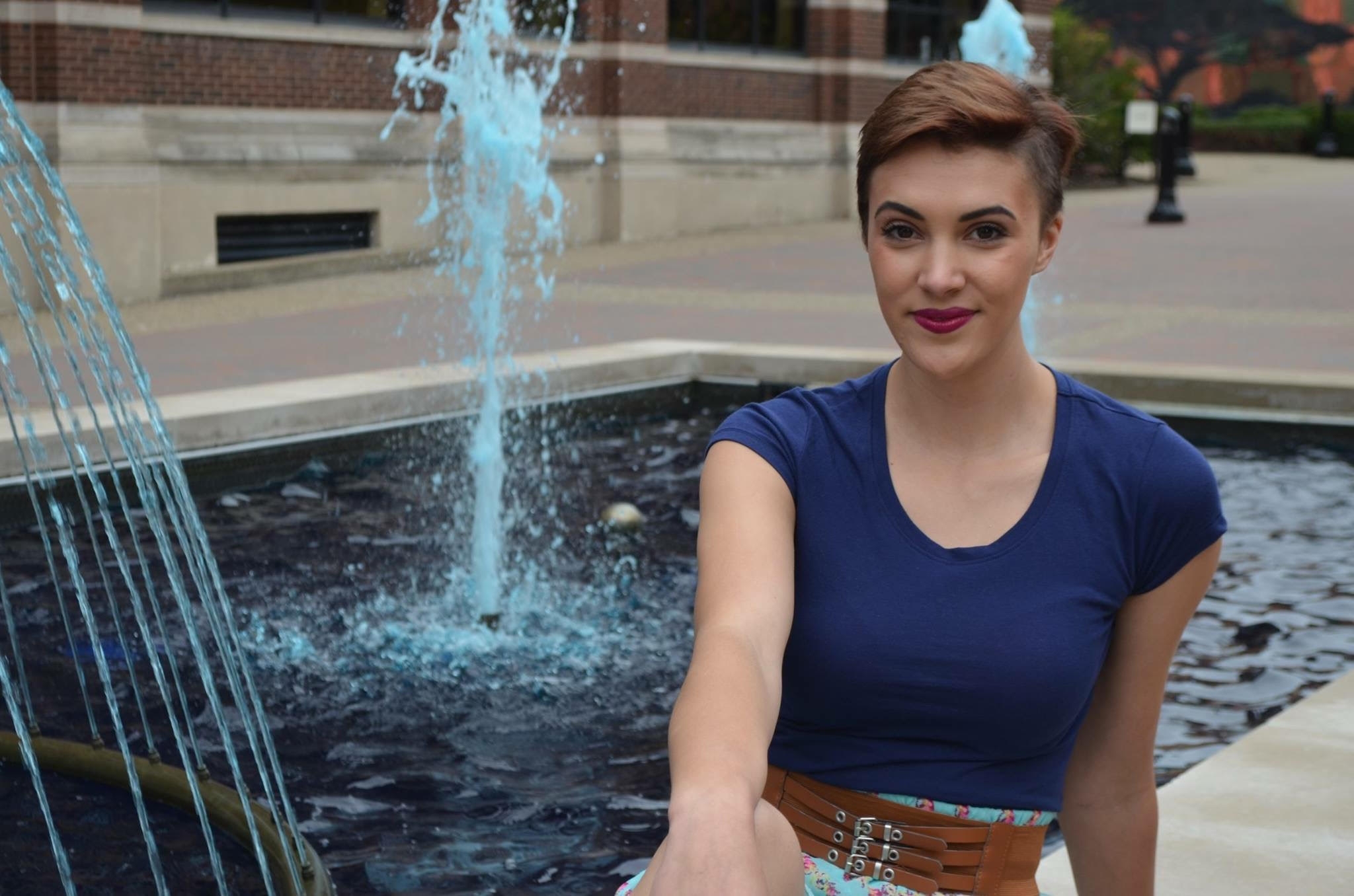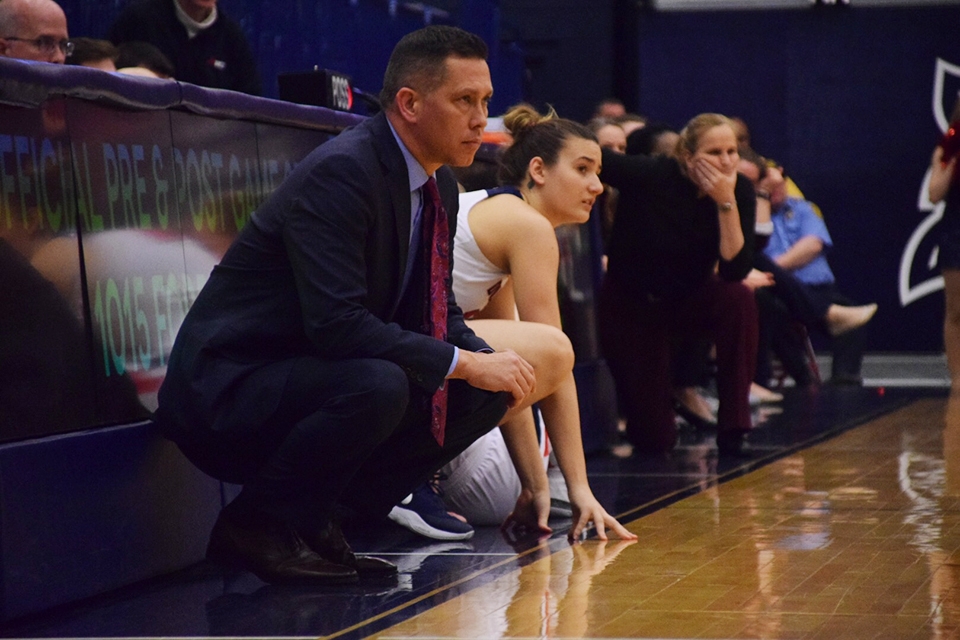11/12/2020
Noah Wilbur | Opinions Editor
With countries around the world struggling to contain the spread of COVID-19, millions of people are bracing for a second wave that promises to be just as destructive as the first.
While governments once again race to implement new lockdowns and other restrictions to limit social interaction among their citizens, the common fear remains that this next wave will change life as we know it for generations to come.
Since the onset of the pandemic, the primary concern was contracting the virus and having to overcome the unpleasant symptoms affecting the nose, throat and lungs. I must not neglect to mention the considerably more severe effects that we’ve all cautiously kept in mind, such as respiratory failure, pneumonia and, very realistically, impending death.
On the other hand, the notion that you could potentially infect others – vulnerable family members, friends or the unfortunate bystander – and watch them slowly suffer has been, in a way, even more alarming and distressing than potentially testing positive for the virus.
Nevertheless, as more research continues to emerge each passing day, it is becoming overwhelmingly evident that the secondary effects of COVID-19 are equally as dreadful as the “primary effects” mentioned above.
For example, increased social isolation and the abandonment of familiar routines are proving to be disastrous for mental health. Although some are fond of the latest work-from-home (WFH) trend, others are mentally and physically exhausted from sitting inside and staring at a computer screen for 12 hours as they go through the motions of life, without actually living.
One particular group that is being impacted psychologically by COVID-19 are college students. In the midst of online curriculums that starve them from interaction with friends, professors and even family, the “college life” is no longer what it was cracked up to be.
A recent survey by Active Health – a nonprofit supporting mental health awareness and education – found that 80% of students say the pandemic has had a negative impact on their mental health.
Increased levels of stress and anxiety, disappointment about life, loneliness, financial setback and relocation from campuses are the main factors triggering distressed thoughts and mental instability.
What’s more, of the 2,086 individuals surveyed, 76% indicated that they had trouble with maintaining a daily routine, 73% reported a lack of adequate physical activity and 63% said that staying connected with peers was more challenging than ever.
An alarming reliance on prescription drugs and other unnatural remedies to cope with the ever-increasing feelings of doubt has been reported as well.
The preceding evidence clearly confirms that the pandemic is severely impacting the wellbeing of those who stand to serve as the next leaders of the world in coming years.
It is interesting to consider that mental health is not being adversely influenced by only one or two universal conditions – an indication that the issue is more consequential than originally thought. On the contrary, there seems to be a vast array of different experiences converging together to drive the unprecedented levels of distress among students in college.
While Nancy Pelosi calls for additional unemployment benefits and President-elect Joe Biden advises Americans to wear their masks, I call on our government and state leaders to also bear in mind the impact of the pandemic on the mental health of college students – the individuals next in line to lead our great nation.
Institutions of higher education must quickly implement new intervention programs and preventive approaches to address the mental health crisis developing on their campuses. If they fail to do so, the result is a rippling effect that promises to impede the success of future generations.



